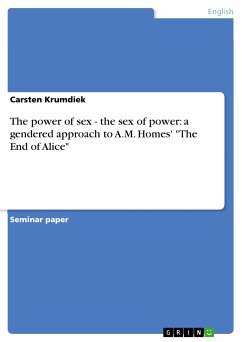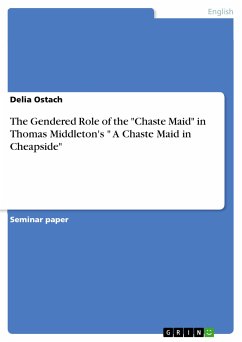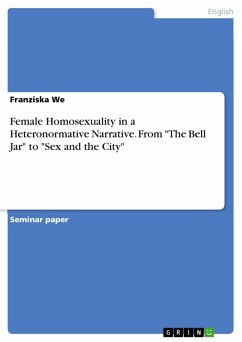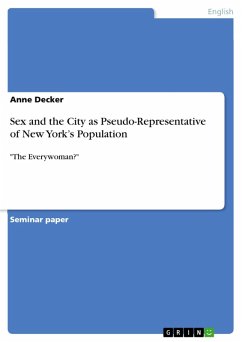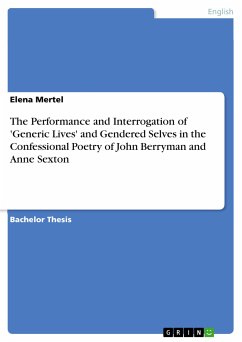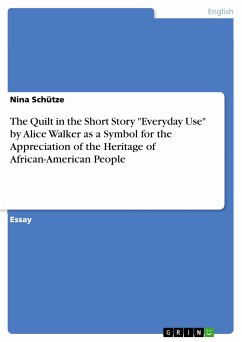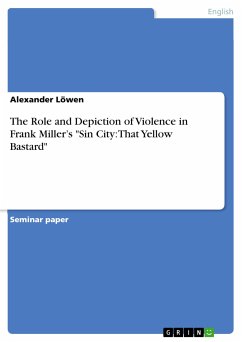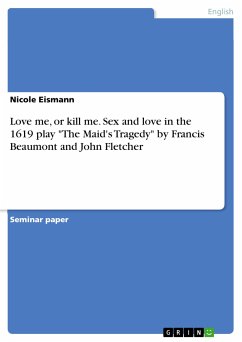Seminar paper from the year 2007 in the subject English Language and Literature Studies - Literature, grade: 1,3, University of Cologne, course: American Sexualities, language: English, abstract: Throughout history the differences between the sexes have always been an im- portant and controversial issue. In our society it has usually been the male who owned the power, the one who is in charge - the pater familias. Even though today, when women are regarded as of equal status, in politics and business, men still tend to achieve more and receive higher wages. But what is this particular power based on anyway? How is it constituted and how is it maintained? Is it justifiable to think only in terms of binary genders and sexes? Is power generally something that is only determined to be masculine? Or is there such a thing as female power? What is this power like? In this paper, answers to these questions shall be found and discussed furthermore. The first section of the paper will give a short introduction and an historical overview of the ideas of gender and sex. Then, in the following, a connection shall be drawn to the notion of power and its relation to sexuality and gender in general. The last part of the first chapter will investigate the importance of the family environment with regard to the initiation of sexually deviant behaviour. Family environment, sexual deviance and gendered power are issues which form major part of A.M. Homes' controversial novel The End of Alice, which was published in 1996. The further discussion will focus on the characters of the novel as well as on the representation of the sexes and their struggle for power. Eventually, the significance of one particular woman, the mother, as a very influential and powerful character in the book shall be analysed. The author of this paper is absolutely aware of the fact, that the novel is based on rather controversial elements, as for instance the narrator's glorifying attitude concerning the sexual abuse of children. Since the children characters in the novel are usually not younger than twelve and do show typically male or female attributes, they shall be included in the discussion of female and male power, although they are not considered to be adults and are victims of crime actions within the novel.
Dieser Download kann aus rechtlichen Gründen nur mit Rechnungsadresse in A, B, BG, CY, CZ, D, DK, EW, E, FIN, F, GR, HR, H, IRL, I, LT, L, LR, M, NL, PL, P, R, S, SLO, SK ausgeliefert werden.

